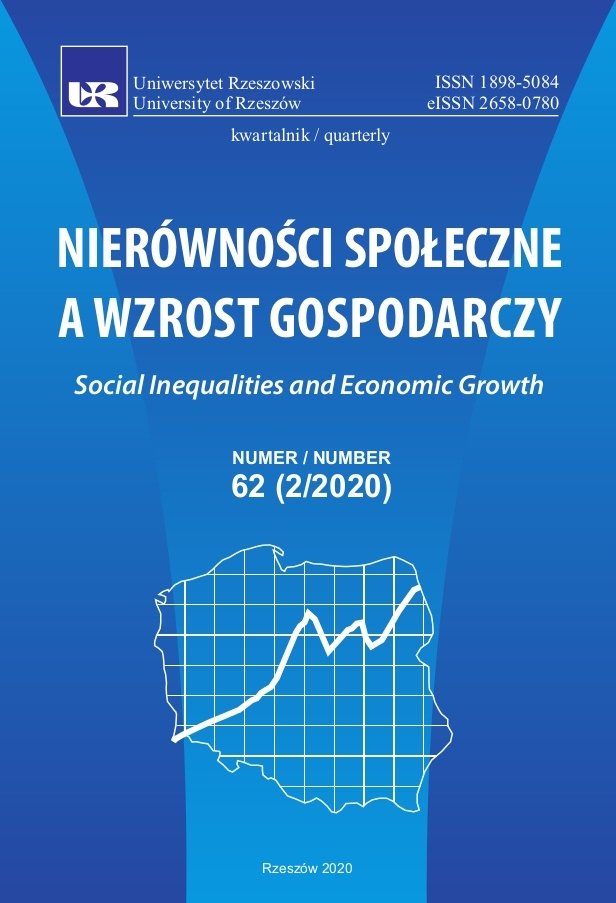Employee retention management in the context of situational leadership
Employee retention management in the context of situational leadership
Author(s): Małgorzata Adamska-ChudzińskaSubject(s): Economy
Published by: Wydawnictwo Uniwersytetu Rzeszowskiego
Keywords: employee retention; retention factors; flexible management; situational leadership
Summary/Abstract: The way employees are managed is fundamental to modern organizations. Employees are themost valuable and productive resource of any organization. When they leave the organization, theytake knowledge, experience, culture, and the system of values with them, which significantly limits theeffectiveness and competitiveness of the organization. The phenomenon of employees leaving now affectsmost organizations. Employee retention, especially referring to those employees with high potential, isone of the biggest challenges for modern managers. The problem raised in the article concerns the impactof the situational approach to employee management on their attachment to the organization. The author’sgoal was to determine the importance and role of situational leadership in building retention strategies.It was assumed that the flexible selection of management style, taking into account competences andprofessional experience, may contribute to a stronger identification with the organization and staying init for longer. The article was prepared based on a critical analysis of the latest literature on the analyzedissue. The issue of employee retention and the factors taken by organizations into account to retainemployees (in particular those most talented), were presented. The idea of the situational leadershipmodel was discussed. Attention was paid to its poor dissemination and, at the same time, its usefulness inthe era of growing dynamics, non-linearity, and uncertainty of the organization’s functioning conditions.It was shown that the situational leadership model creates the possibility of building more comprehensiveretention strategies based on subjective mechanisms of flexible impact on employees. The situationalleadership methodology allows one to deal with the variability of operating conditions by preparingdifferent management styles and different scenarios. The answer to the challenge of key employeeretention can be the strategy of managers taking into account the relevant retention factors using thesituational leadership methodology and integrating them into a primary business strategy.
Journal: Nierówności Społeczne a Wzrost Gospodarczy
- Issue Year: 2020
- Issue No: 62
- Page Range: 214-227
- Page Count: 14
- Language: English

